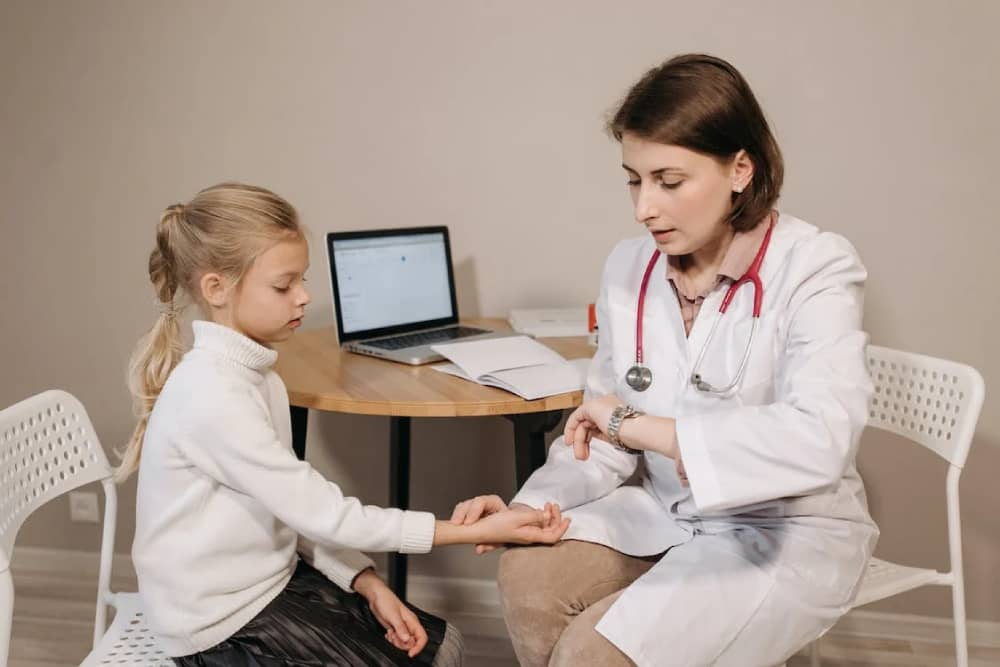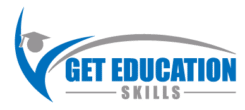A career in speech-language pathology (SLP) is a journey into the intricate world of communication disorders and rehabilitation.
According to the Bureau of Labor Statistics, it is projected that the employment of speech-language pathologists will increase by 19% between 2022 and 2032. This is quicker than the national average for all occupations. As professionals in this field work tirelessly to improve the lives of individuals with speech challenges, understanding the pathways for career development becomes crucial.

In this article, we will discuss the various aspects of career growth in speech-language pathology, exploring opportunities and strategies for aspiring and seasoned practitioners.
The Educational Foundation
Ithaca College notes that establishing a robust foundation is critical for a rewarding career in speech-language pathology (SLP). Prospective practitioners typically start off with a bachelor’s degree in communication sciences or a related field.
However, to dive deeper into the complications of speech and language disorders, a master’s degree in speech-language pathology is the standard prerequisite. As per Forbes, a master’s degree in speech pathology qualifies you to work as an SLP in a variety of settings. This includes schools, universities, and long-term care institutions such as hospitals.
This advanced education imparts specialized knowledge while providing hands-on clinical experience, preparing individuals for the diverse challenges they will face in the field.
Moreover, many universities have also started offering online speech-language pathology degrees, making the educational journey more accessible and flexible for aspiring SLPs. These online programs often cater to working professionals, allowing them to pursue advanced degrees while maintaining their current commitments.
Licensing and Certification
Navigating the regulatory landscape is imperative for aspiring speech-language pathologists. Licensing requirements vary by jurisdiction, emphasizing the need for candidates to thoroughly understand the prerequisites in their specific region.
Additionally, certification from recognized professional organizations, such as the American Speech-Language-Hearing Association (ASHA), is often a standard for practice. These certifications not only attest to a practitioner’s competence but also demonstrate a commitment to upholding the highest standards of care.
In an evolving field meeting these regulatory benchmarks ensures that SLPs are well-positioned to provide quality services and contribute meaningfully to their clients’ well-being.
Building Expertise Through Clinical Experience
Clinical experience is the crucible where theoretical knowledge transforms into practical expertise for speech-language pathologists. According to WebMD, a master’s degree in SLP must include at least 375 hours of clinical experience.
Beyond classroom learning, internships, externships, and clinical fellowships provide invaluable hands-on exposure to diverse cases, allowing practitioners to apply their skills in real-world scenarios.
These experiences not only build confidence but also nurture the adaptability required in the dynamic field of SLP. Furthermore, exposure to a variety of clinical settings enhances a practitioner’s versatility, enabling them to address a broad spectrum of speech and language challenges. Aspiring SLPs should actively seek out these opportunities to cultivate in-depth experience.
Specialization and Advanced Training
As the field of speech-language pathology continues to expand, specialization has become a pathway for career advancement. SLPs can choose to focus on specific populations (such as pediatrics) or specialize in areas like neurogenic communication disorders or augmentative and alternative communication.
Advanced training programs and certifications in these specialized areas deepen a practitioner’s expertise while opening doors to more complex and rewarding professional opportunities. Specialization not only addresses the unique needs of certain populations but also allows SLPs to become leaders in niche areas.
Professional Networking and Collaboration
In the dynamic world of speech-language pathology, professional networking, and collaboration play crucial roles in career development. Engaging with peers, mentors, and professionals in related fields not only fosters a sense of community but also opens doors to valuable opportunities.
Joining professional organizations, attending conferences, and participating in online forums are effective ways for SLPs to stay informed about industry trends and best practices.
Mentorship programs guide career growth, while collaborative initiatives, such as interdisciplinary teamwork, amplify the impact of SLP interventions. Building a robust professional network not only enhances personal development but also contributes to the collective advancement of the SLP community. Also Read – Common Pitfalls of Marketing to Students
Technology and Innovation in SLP
Adopting technology is crucial for speech-language pathologists looking to advance their careers. The integration of innovative tools and technologies, such as telepractice, digital assessments, and speech recognition software, enhances the efficiency and effectiveness of SLP interventions.
Continuous education on emerging technologies equips practitioners to stay at the forefront of their field, ensuring they provide cutting-edge services. Additionally, leveraging technology expands the reach of SLP services, allowing practitioners to connect with clients remotely and address the evolving needs of diverse populations.
SLPs who adeptly integrate technology into their practice improve client outcomes while positioning themselves as leaders in the landscape of speech and language rehabilitation.
Leadership Roles and Advocacy
Advancement in speech-language pathology extends beyond clinical roles into leadership and advocacy. Experienced practitioners can ascend to leadership positions, such as clinical directors, supervisors, or department heads.
These roles allow SLPs to shape the direction of their organizations and contribute to the development of best practices within the field. Engaging in advocacy efforts at local, national, or international levels enables SLPs to influence policies that impact the profession and the individuals it serves.
Leadership and advocacy not only provide avenues for professional growth but also empower SLPs to be agents of positive change. This ensures the continued advancement of the field of communication sciences and disorders.
In conclusion, a career in speech-language pathology thrives on education, diverse experiences, technology integration, and professional connections. As practitioners advance, specialization, leadership roles, and advocacy become pivotal for personal and field-wide growth.
Ultimately, the projected employment surge underscores the profession’s significance, emphasizing the ongoing need for dedicated professionals committed to transforming lives through enhanced communication.








